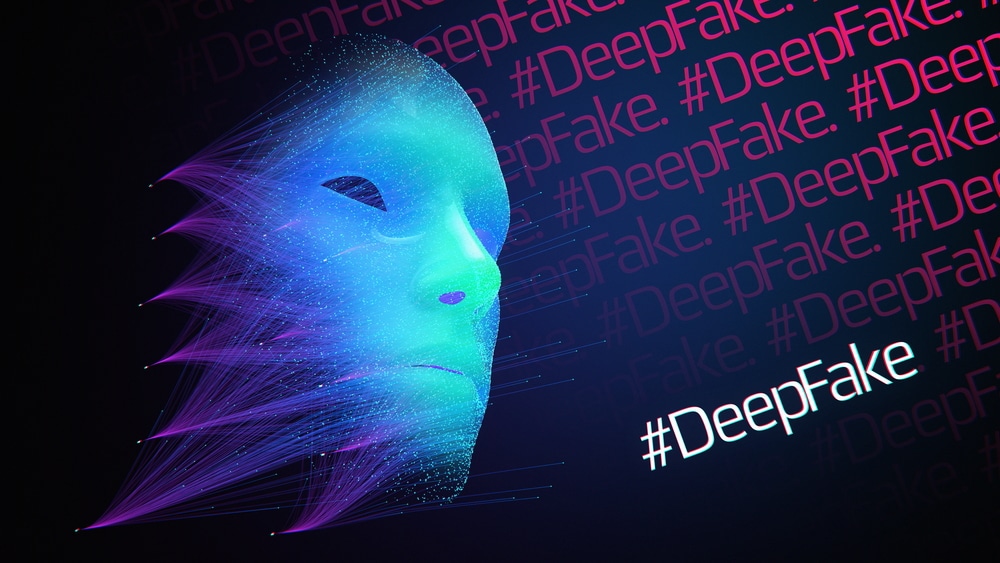
94 percent of security professionals are worried about deepfakes
New research from email security company IRONSCALES finds near-ubiquitous concern surrounding the security implications of deepfakes while only 42 percent of respondents feel very confident about their organization’s ability to defend against deepfake-enabled attacks.
Based on a survey of over 200 IT processionals the report finds 94 percent have some level of concern surrounding deepfakes, and 74 percent say they are 'very concerned.'
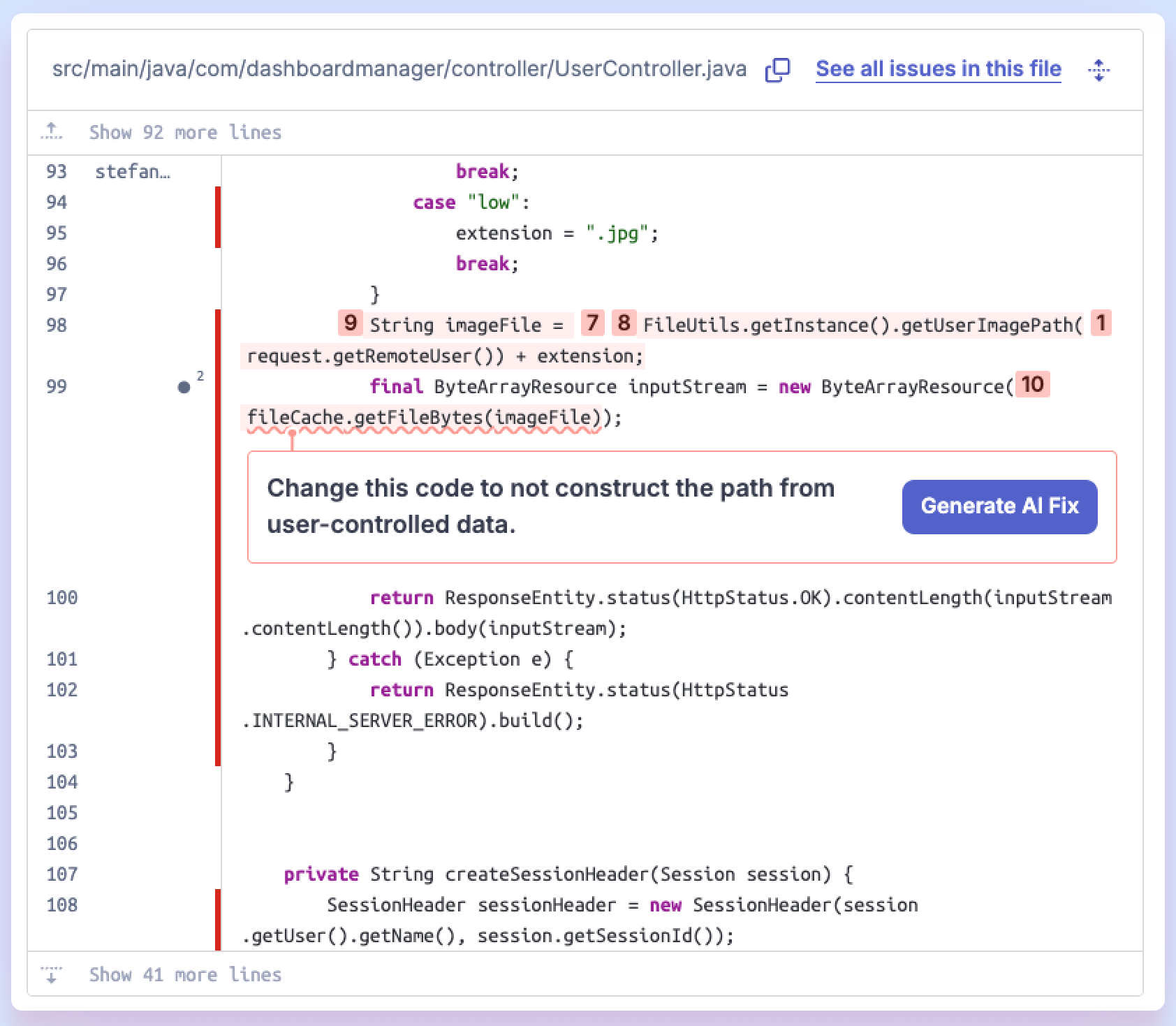
New tools help ensure quality of AI-generated code
Using AI can increase the speed of code development, but it comes with an increased risk of bad code seeping into codebases.
Clean code solutions company Sonar is releasing two new features, Sonar AI Code Assurance and Sonar AI CodeFix. These deepen Sonar's commitment to improving the developer experience and increasing developer productivity to support the delivery of better code.

Too many alerts lead security pros to worry they'll miss an attack
A new report reveals that 71 percent of security operations center practitioners worry they will miss a real attack buried in a flood of alerts, while 51 percent believe they can't keep pace with the increasing number of security threats.
The report from Vectra AI shows 47 percent of SOC practitioners don't trust their tools to work the way they need them to work, while 54 percent say the tools they work with actually increase the SOC workload instead of reducing it.

ŌURA launches Oura Ring 4 with Smart Sensing technology
ŌURA has introduced the Oura Ring 4, a new version of its smart ring, featuring Smart Sensing technology designed to improve accuracy, comfort, and personalization. This technology uses research-grade sensors and an advanced algorithm to adapt to the wearer’s finger, ensuring continuous data collection both day and night.
The Oura Ring 4 is built with a lightweight, all-titanium design and a slimmer profile for improved comfort during all-day wear. It will be available in six colors -- Brushed Silver, Gold, Rose Gold, Silver, Stealth, and Black with a glossy tungsten PVD coating -- and in twelve sizes, ranging from 4 to 15.

Microsoft is killing off HoloLens 2 with no successor planned
Anyone who wants a HoloLens 2 will need to act fast if they are to get their hands on one. Microsoft has confirmed that production of the augmented reality headset has ended in what will be seen by many as something of a mercy killing.
After eight years and two models, Microsoft has seemingly given up on HoloLens. Once current stocks run out, the second-hand market will be the only way to get hold of one, and there are no plans for a follow-up device.

Google is making your inbox more useful with vastly improved summary cards in Gmail
The “summary cards” feature of Gmail is not new; it is Google’s way of helping to make your emails easier to manage, consolidating information about, for instance, purchases you’ve made. Now things are being updated with live updates and “action buttons”.
Across four categories -- purchases, events, bills and travel -- summary cards provide at-a-glance information at the top of your emails. The new actions buttons make it possible to quickly add entries to Google Calendar or Google Tasks so you don’t forget important events, but there is much more to the update, including a Happening Soon section.

Manjaro Linux releases Xahea 24.1 with GNOME, Plasma, and XFCE updates
Manjaro has officially launched its latest release, Xahea 24.1, following its previous Wynsdey version from May 2024. This new version brings updates across its popular GNOME, Plasma, and XFCE editions, offering users more refined desktop experiences.
The GNOME edition of Xahea introduces various improvements through the GNOME 46 series. Users can now enjoy enhanced global search functionality, making it easier to find files across multiple locations and file types. GNOME 46 also includes a revamped remote desktop feature, allowing seamless remote login and display configuration. Additionally, the settings app has been reorganized, consolidating system and app preferences for smoother navigation.
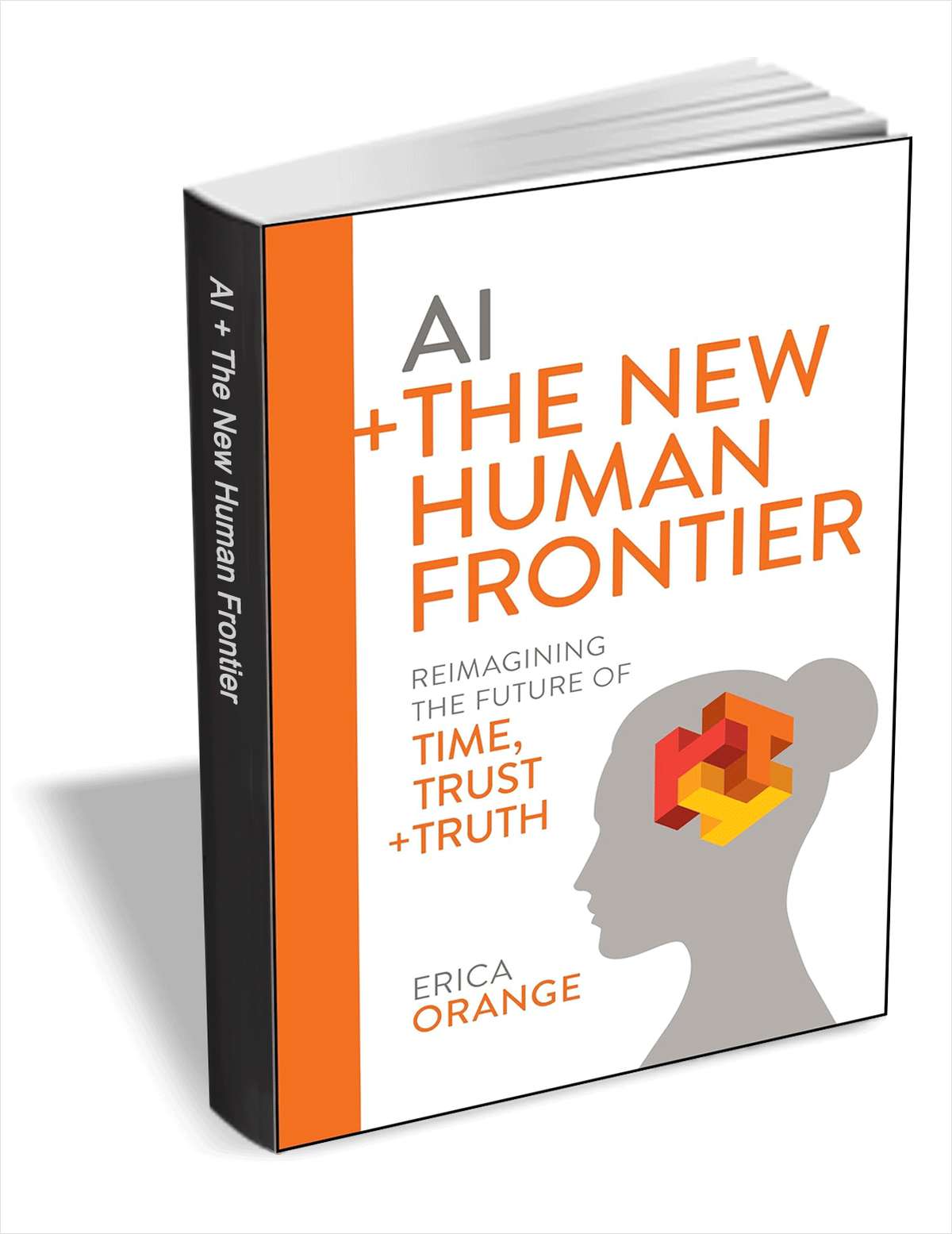
Save $18! Get 'AI + The New Human Frontier: Reimagining the Future of Time, Trust + Truth' FREE for a Limited Time’ for FREE
AI + The New Human Frontier: Reimagining the Future of Time, Trust + Truth by Erica Orange, a renowned futurist, offers a compelling exploration of generative AI's potential to enhance human creativity rather than replace it. This pivotal book navigates how AI tools will help shape the human experience, and aid in augmenting human ingenuity and imagination.
The author eloquently argues that the essence of human intelligence -- our curiosity, critical thinking, empathy, and more -- is not only irreplaceable but will become increasingly valuable as AI evolves to take on routine tasks. AI + the New Human Frontier is a clarion call for embedding trust, human oversight and judgement into AI development, ensuring that the technology amplifies our most human capabilities. At a time when the lines between what is real, fake, true and false are becoming more blurred, reliance on human-centric solutions, not just technological ones, will become more critical.

Critical vulnerabilities affect 80 percent of manufacturing companies
A new report finds that 80 percent of manufacturing companies have critical vulnerabilities putting them at high risk for exploitation.
The study of 5,000 manufacturing companies by Black Kite finds 69 percent of companies analyzed have exposed credentials in the last 90 days.

Do you know where your sensitive data is?
Around a quarter of businesses don't know where their sensitive data is according to a new report from Normalyze and the Enterprise Strategy Group (ESG).
As enterprises move more operations to the cloud, the volume and exposure of sensitive data stored in public cloud services is also rapidly increasing. Despite efforts by security teams to manage data risks, many organizations lack clarity on where data is located, how sensitive it is, and who has access to it.
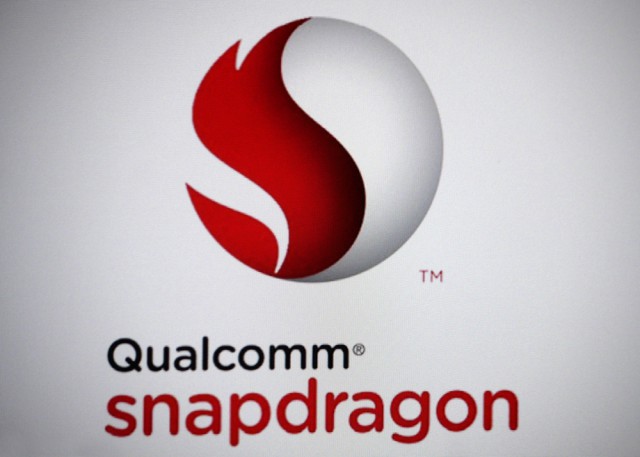
Foxit brings its PDF editor with AI assistant to Snapdragon-powered Windows 11 PCs
Foxit has announced that its PDF Editor and Editor Pro with AI Assistant now natively support PCs powered by Snapdragon processors. This aims to enhance the performance and capabilities of Foxit’s PDF solutions, particularly for users of Dell’s latest devices that utilize Snapdragon processors.
Native Snapdragon support allows software like Foxit’s PDF Editor to fully leverage the hardware’s capabilities without relying on emulation or translation layers. This not only improves performance but also enhances compatibility and battery life. Users of Snapdragon-powered PCs will experience faster rendering, more efficient processing, and a smoother overall user experience when working with PDF documents.

ViewSonic launches M1X portable projector
ViewSonic has introduced the M1X portable LED projector, adding another device to its projector lineup. Weighing under two pounds, the M1X is designed for portability, offering flexibility for both indoor and outdoor use.
The projector features a 3-in-1 smart stand, which allows for 360-degree projection. The stand doubles as a lens cover and automatically powers the projector when swiveled into place. Additionally, the M1X includes Harman Kardon speakers for integrated audio.

Adobe Elements 2025 has been designed to automatically stop working... and there's nothing you can do about it
Adobe’s consumer photo and video range gets its annual refresh with the twin release of Adobe Photoshop Elements 2025 and Adobe Premiere Elements 2025 for Windows and macOS.
Alongside the usual slew of new features, tools and improvements comes one nasty sting in the tail: a non-renewable 3-year license after which the programs’ editing facilities will stop working. The program’s trial length has also been reduced to just seven days from the previous 30-day period.
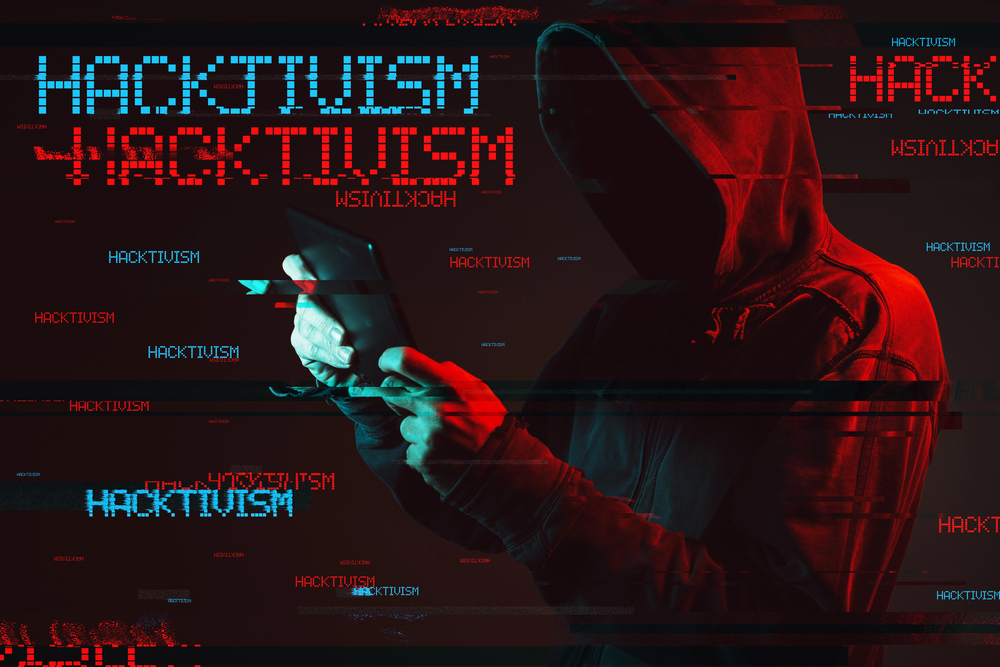
Hacktivist activity drives a rise in DDoS attacks
The first half of this year has seen a 43 percent increase in the number of application-layer attacks and a 30 percent increase in volumetric attacks, especially in Europe and the Middle East, according to the latest threat report from NETSCOUT.
The attacks involve a range of threat actors, including hacktivists, targeting critical infrastructure in the banking and financial services, government and utilities sectors.

Creative launches compact Sound Blaster GS5 soundbar
Creative has introduced the Sound Blaster GS5, a compact soundbar aimed at enhancing audio while conserving space. Designed for gaming, movies, or general media consumption, the GS5 offers a wider soundstage through the company’s SuperWide technology.
The soundbar is equipped with full-range racetrack drivers and a built-in port tube, with peak power output reaching up to 60W. The GS5 aims to deliver clear sound with enhanced bass, while SuperWide technology is intended to expand the audio field. Users can choose between Near Field for desktop use and Far Field for larger spaces.


